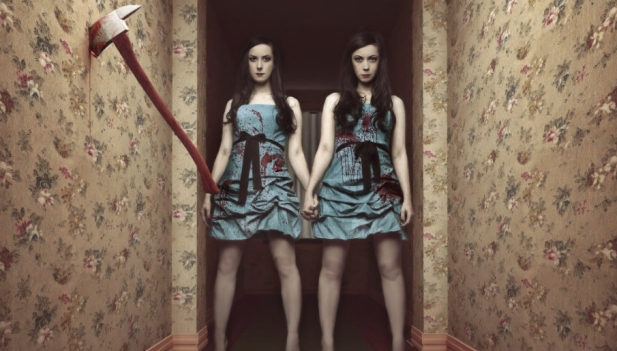
To get an idea of the Soska sisters, picture ‘The Shining’s Grady twins, only all grown up and in control of their destinies. Just in time for Halloween, Jen and Sylvia Soska spoke with us about their favorite horror movies, the hardships of working as female directors in masculine genre, their work on ‘See No Evil 2’ and what’s next for their careers.
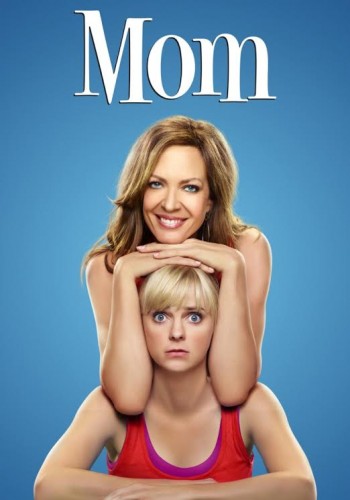
It’s no coincidence that ‘Mom’ drew the ire of One Million Moms, a conservative media watchdog group that seeks to eliminate immorality and vulgarity (their words) in entertainment. In an undated post titled “CBS Makes ‘Mom’ Look Bad,” the group called for moms to protest ‘Mom,’ pointing specifically to the show’s portrayal of mothering: “If possible, try to imagine the worst possible characteristics a mother could have. Then multiply that by ten….” The post listed numerous examples of what was deemed “unacceptable content” on ‘Mom,’ but I think it’s the show’s deliberate challenge to the new momism that really ticked off One Million Moms.
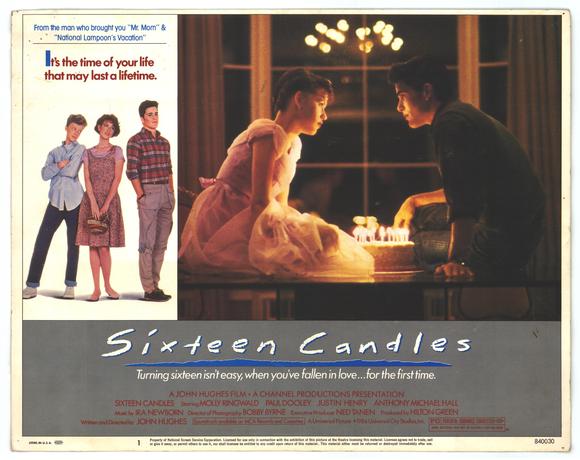
Holy fuck this movie. I started watching it like OH YEAH MY CHILDHOOD MOLLY RINGWALD ADOLESCENCE IS SO HARD and after two scenes, I put that shit on pause like, WHEN DID SOMEONE WRITE ALL THESE RACIST HOMOPHOBIC SEXIST ABLEIST RAPEY PARTS THAT WEREN’T HERE BEFORE I WOULD’VE REMEMBERED THEM.
Nostalgia is a sneaky bitch.

Women in comedy are often held to a double standard that’s rarely talked about, even in the tiresome and wrongheaded “Are Women Funny?” debates. A better question might be “Are women allowed to be funny?” Because while male comedians famously defend their right to make jokes about any topic they want to women who draw on their own outrage, experience and even their own bodies receive an extra layer of censorship.
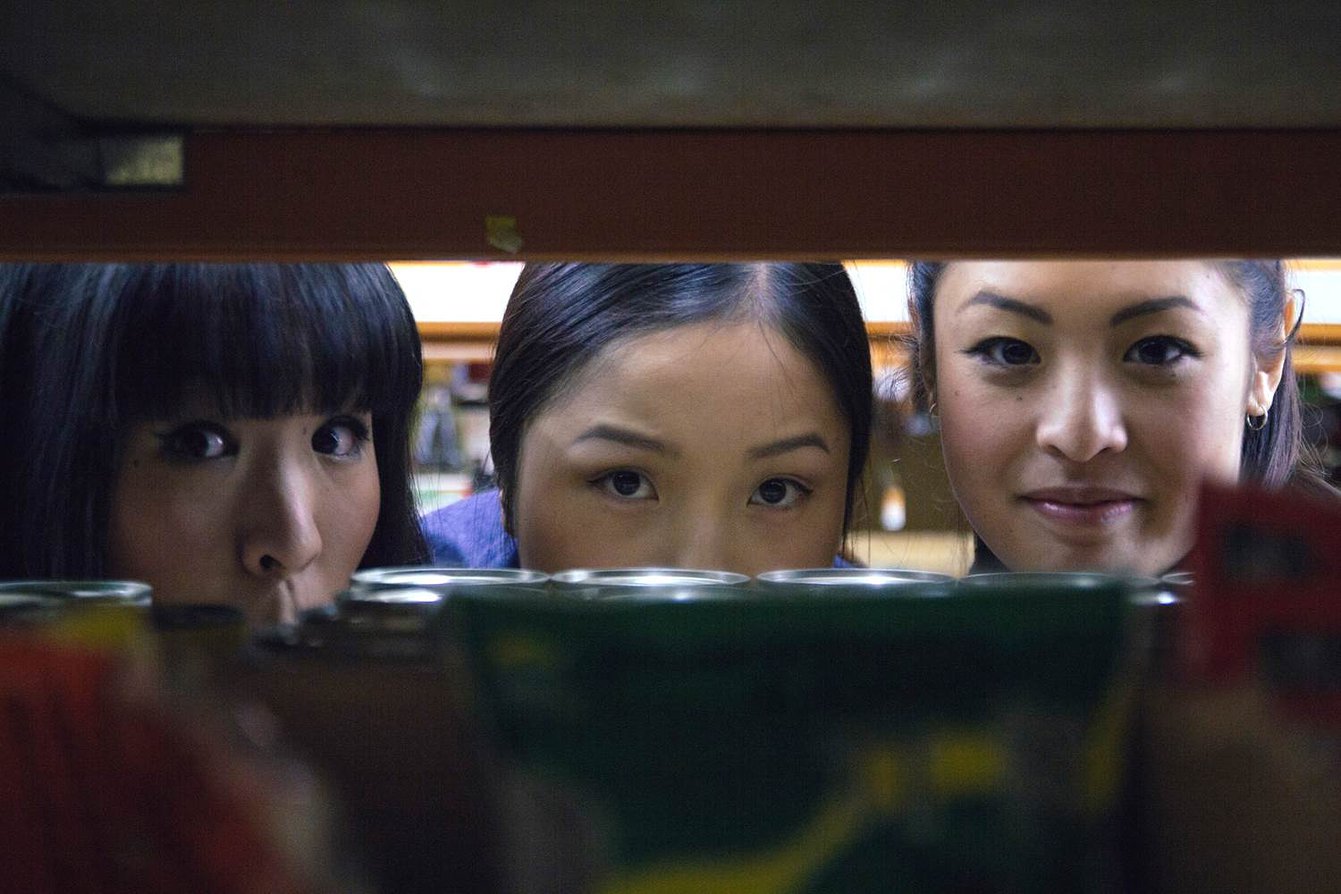
The first season was a self-funded passion project and as it got more popular they managed to crowd fund the second season so that they could pay actors and crew; the girls did not pay themselves. They have successfully secured funding from New Zealand on Air to pay for the upcoming third and fourth seasons that should air sometime this year and I really can’t wait.
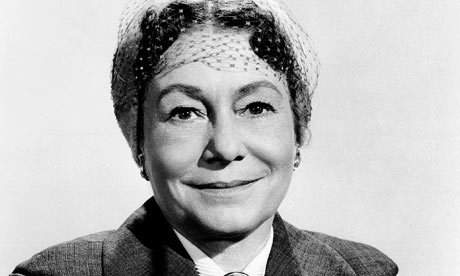
Stop me if you’ve heard this one. A young woman–poised, talented, above all enthusiastic–performs a scene in acting class and is praised by the teacher. The teacher can’t say enough good things about the student, but the main thing she keeps going back to is, “I think you’d be a wonderful character actress!”
Now, the student can’t help but beam about this, seeing a brilliant career flashing before her, her name up in lights. She steps back into the group and the woman sitting beside her whispers in her ear, “That’s what they call an actress who isn’t pretty.”
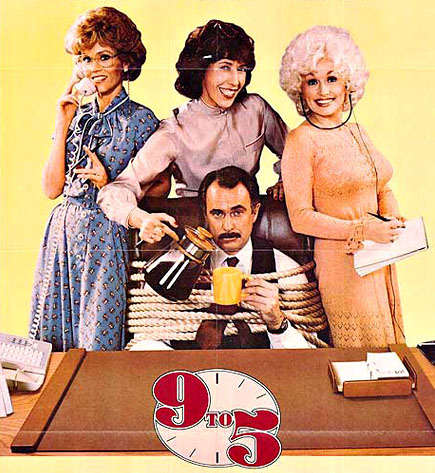
Check out all of the posts for Women and Work/Labor Issues Theme Week here.

TV families are generally presented as aspirational. They usually live an upper middle class livestyle and frequently live comfortably on a single salary, have college degrees and wealthy backgrounds.
Usually when characters work menial labor or minimum wage jobs, they are presented as being in a transitory period. This is the stage before the character gets their life together, when the artist waits for a big break or where a youth supplements their allowance with their earnings. It’s rare that this work is presented as the character’s real life, how it will likely always be.
# The 100 3rd Rock from the Sun 30 Rock 2 Broke Girls A Ackee & Saltfish Adventure Time Agent Carter Agents of S.H.I.E.L.D. Alias All-American Girl Ally McBeal Alphas American Crime American Horror Story American Horror Story: Asylum American Horror Story: Coven American Ninja Warrior The Americans Angel Anne of Green Gables Archer The … Continue reading “TV Directory”

On screen, we often see the demonization of women with professional power and/or ambition. These women are usually portrayed as callous, frigid (or conversely hyper-sexual), masculine, and even unnatural. These women tend to be fiercely competitive with other women in their field. All this tells viewers that women don’t belong in high-power positions.

So, these are the important things in Sixteen Candles: Samantha’s family forgets her birthday; she’s in love with a hot senior who’s dating Caroline (the most popular girl in school); and there’s a big ol’ geek (Farmer Ted) from Sam’s daily bus rides who won’t stop stalking her. Oh, and Long Duk Dong exists [insert racist gong sound here]. Seriously, every time Long Duk Dong appears on screen, a fucking GONG GOES OFF on the soundtrack. I suppose that lines up quite nicely with the scene where he falls out of a tree yelling, “BONSAI.”
Since the entire movie is like a machine gun firing of RACIST HOMOPHOBIC SEXIST ABLEIST RAPEY parts, the only way I know how to effectively talk about it is to look at the very problematic screenplay. So, fasten your seatbelts and heed your trigger warnings.
The 80s were quite possibly a nightmare.
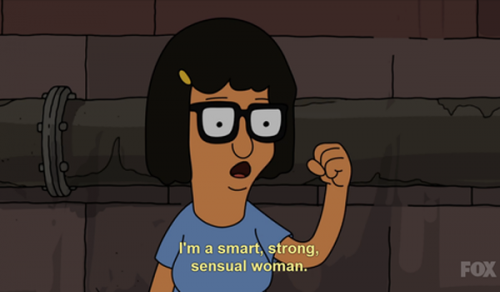
Delightful Tina. Shy, painfully weird, butt-obsessed, quietly dorky, intensely daydreamy Tina. Tina is a little bit like all of us (and–cough–a lot like some of us) at that most graceless, transitional, intrinsically unhappy stage of life that is early adolescence. She is also a wonderfully rich and well-developed character, both in her interactions with her family and in her own right, and she’s arguably the emotional core of the whole show.










